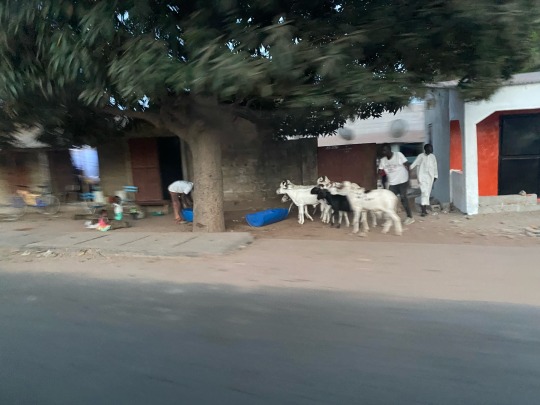#banjul
Explore tagged Tumblr posts
Text

Bakau, Kanifing, The Gambia.
38 notes
·
View notes
Text

The Six Gun Battery in Bathurst , modern-day Banjul, Gambia
British vintage postcard
#british#sepia#photography#modern-day#vintage#postkaart#battery#ansichtskarte#the six gun battery#ephemera#carte postale#postcard#modern#postal#briefkaart#bathurst#photo#banjul#gambia#tarjeta#historic#postkarte
11 notes
·
View notes
Text

Arrival in Banjul. — Banjul, The Gambia
2 notes
·
View notes
Text
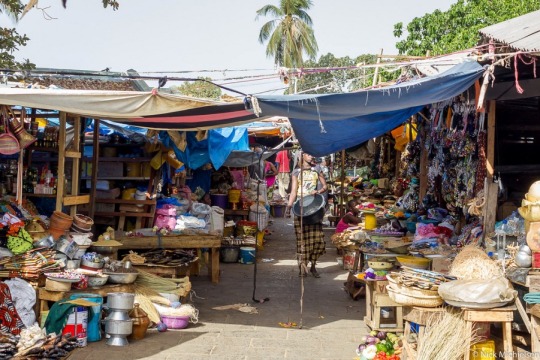
Banjul, Gambia
#banjul#gambia#royal albert market#street market#market#travel#west africa#africa#colorful#daytime#sunny#street#streets#dailystreetsnapshots#photography
18 notes
·
View notes
Text
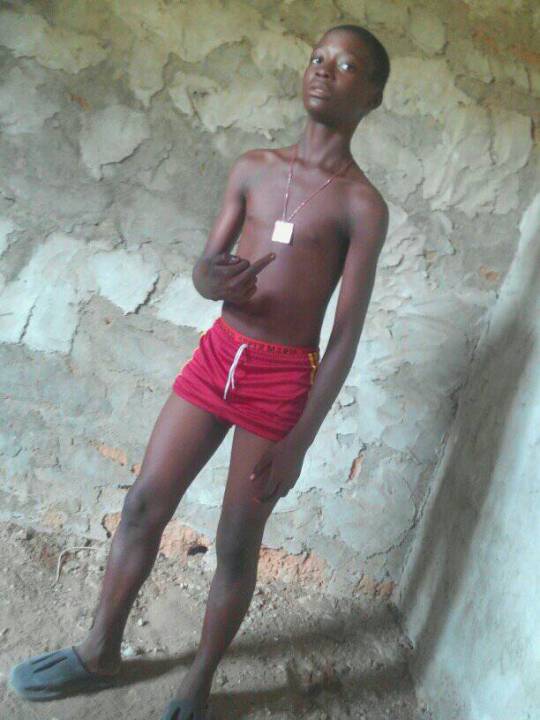


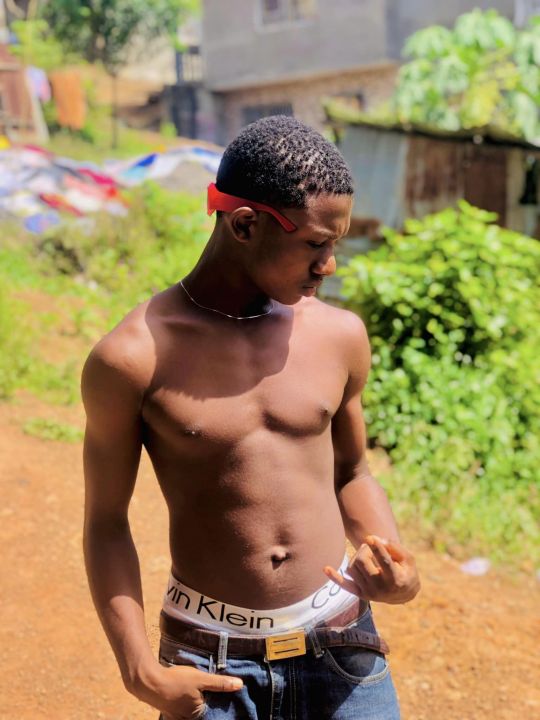



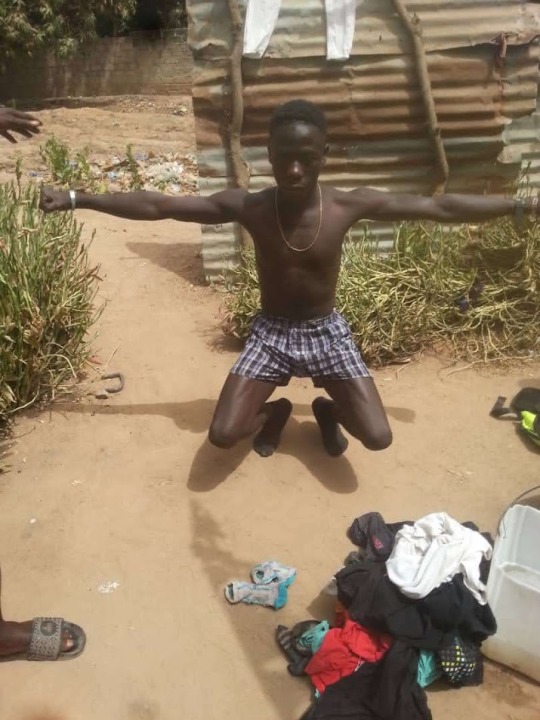
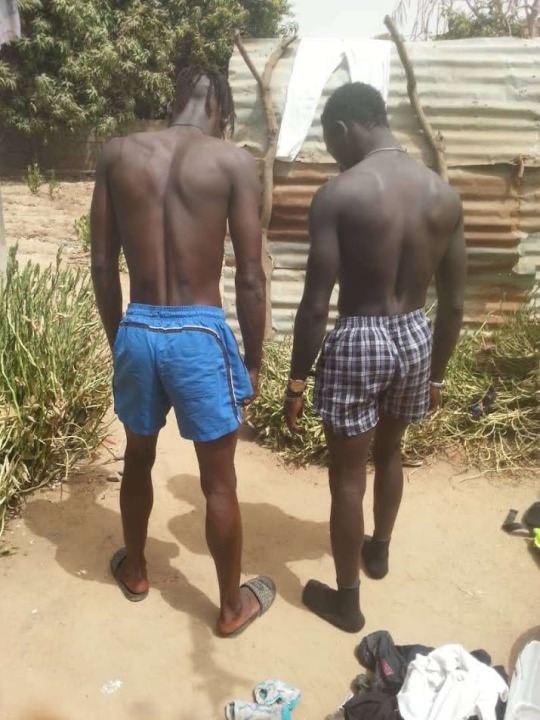
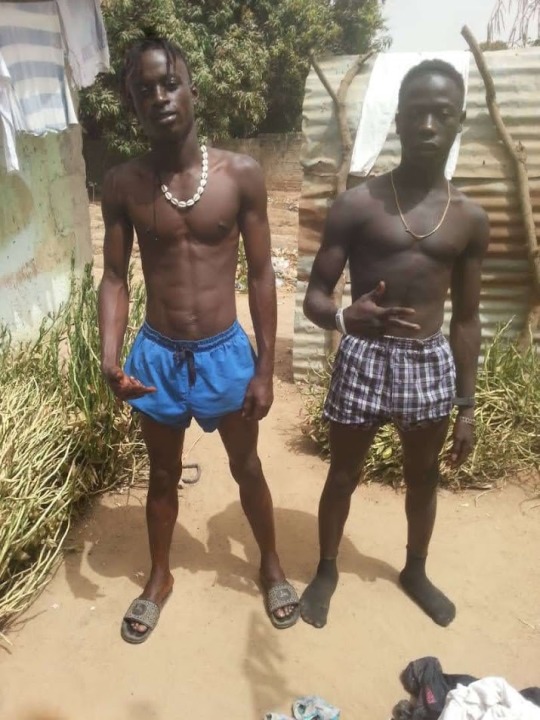

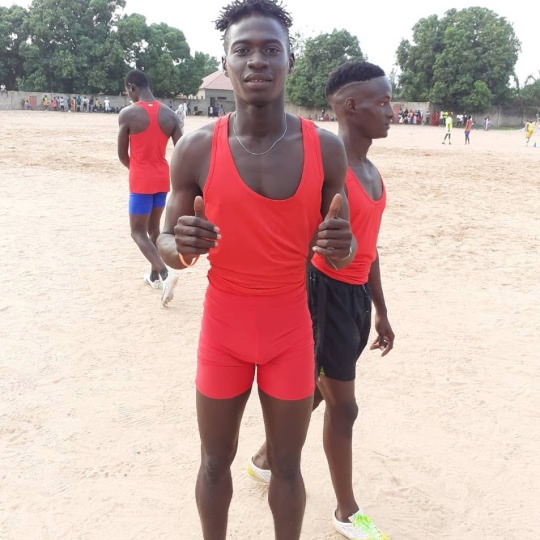
#african boys#gambia#gay#menswear#travel#africanboy blackboy nodress underwear teen tenager young tribe art rapper gambia banjul freetown boymodel youngster rap afrobeats gays gaym
6 notes
·
View notes
Text

Port of Bathurst, modern-day Banjul, Gambia
French vintage postcard
#postcard#ansichtskarte#briefkaart#banjul#photography#carte postale#vintage#postkarte#photo#historic#postkaart#ephemera#bathurst#sepia#port#modern-day#modern#port of bathurst#french#gambia#tarjeta#postal
3 notes
·
View notes
Text
Gateway to West Africa: Booking Flight Tickets from Douala to Lagos

Find more info at: https://t.ly/FkGSC
#flight tickets from lagos to dakar#flight tickets from johannesburg to lagos#flight tickets from lagos to banjul#flight tickets from lagos to johannesburg
0 notes
Text
Random Real Thoroughbred: BANJUL
BANJUL is a bay horse born in Ireland in 2001. By DANETIME out of WHITE JASMIN. Link to their pedigreequery page: https://www.pedigreequery.com/banjul
0 notes
Text

These are African countries with their capital:
1. Algeria - Algiers 🇩🇿
2. Angola - Luanda 🇦🇴
3. Benin - Porto-Novo 🇧🇯
4. Botswana - Gaborone 🇧🇼
5. Burkina Faso - Ouagadougou 🇧🇫
6. Burundi - Bujumbura 🇧🇮
7. Cabo Verde - Praia 🇨🇻
8. Cameroon - Yaoundé 🇨🇲
9. Central African Republic - Bangui 🇨🇫
10. Chad - N'Djamena 🇹🇩
11. Comoros - Moroni 🇰🇲
12. Democratic Republic of the Congo - Kinshasa 🇨🇩
13. Djibouti - Djibouti 🇩🇯
14. Egypt - Cairo 🇪🇬
15. Equatorial Guinea - Malabo 🇬🇶
16. Eritrea - Asmara 🇪🇷
17. Eswatini - Mbabane 🇸🇿
18. Ethiopia - Addis Ababa 🇪🇹
19. Gabon - Libreville 🇬🇦
20. The Gambia - Banjul 🇬🇲
21. Ghana - Accra 🇬🇭
22. Guinea - Conakry 🇬🇳
23. Guinea-Bissau - Bissau 🇬🇼
24. Ivory Coast - Yamoussoukro 🇨🇮
25. Kenya - Nairobi 🇰🇪
26. Lesotho - Maseru 🇱🇸
27. Liberia - Monrovia 🇱🇷
28. Libya - Tripoli 🇱🇾
29. Madagascar - Antananarivo 🇲🇬
30. Malawi - Lilongwe 🇲🇼
31. Mali - Bamako 🇲🇱
32. Mauritania - Nouakchott 🇲🇷
33. Mauritius - Port Louis 🇲🇺
34. Morocco - Rabat 🇲🇦
35. Mozambique - Maputo 🇲🇿
36. Namibia - Windhoek 🇳🇦
37. Niger - Niamey 🇳🇪
38. Nigeria - Abuja 🇳🇬
39. Rwanda - Kigali 🇷🇼
40. Sao Tome and Principe - Sao Tome 🇸🇹
41. Senegal - Dakar 🇸🇳
42. Seychelles - Victoria 🇸🇨
43. Sierra Leone - Freetown 🇸🇱
44. Somalia - Mogadishu 🇸🇴
45. South Africa - Pretoria (administrative), Bloemfontein (judicial), Cape Town (legislative) 🇿🇦
46. South Sudan - Juba 🇸🇸
47. Sudan - Khartoum 🇸🇩
48. Tanzania - Dodoma 🇹🇿
49. Togo - Lome 🇹🇬
50. Tunisia - Tunis 🇹🇳
51. Uganda - Kampala 🇺🇬
52. Zambia - Lusaka 🇿🇲
53. Zimbabwe - Harare 🇿🇼
54. Congo Brazaville :Brazaville
110 notes
·
View notes
Text
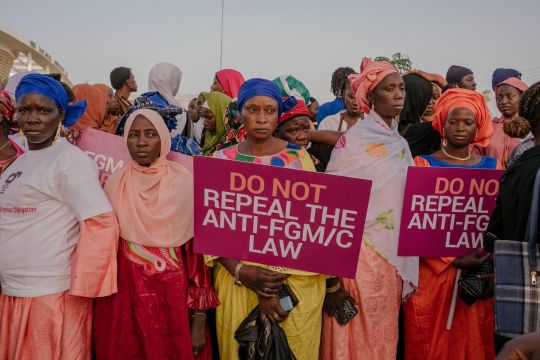
Very important and heartbreaking news.
(Organizations to support at the end of the post)
March 19th, 2024
https://www.washingtonpost.com/world/2024/03/19/gambia-female-genital-mutilation-cutting/
Gambia moves towards ending ban on female genital mutilation
Gambia’s National Assembly has voted to advance a bill that would overturn a ban on female genital cutting, putting this tiny West African country on a path to being the first nation in the world to roll back such a protection.
Many of the women who filed into the National Assembly building on Monday to witness the proceedings had experienced the horror that comes with cutting, which has been practiced for generations here. One woman said she was taken by her family at age 8 to a ceremony in which she was pinned down and cut. Another learned on her wedding night that her vaginal opening had been sealed. A third experienced years of infections and later infertility after being cut without her parents’ permission.
The women listened stoically as members of parliament — the vast majority of them men — pounded their gavels in support as Almameh Gibba, the lawmaker who introduced the bill, described it as intended to “uphold religious rights and safeguard cultural norms and values.” (...)
Already, the United Nations says that about 75 percent of girls and women in Gambia between the ages of 15 and 49 have been subjected to genital cutting, which is often described by opponents as female genital mutilation, or FGM. Globally, more than 200 million women and girls are estimated to be survivors of female genital cutting, which can involve removing part of the clitoris and labia minora and, in the most extreme cases, a sealing of the vaginal opening. Medical experts say the procedures, which do not have medical benefits, can cause a range of short- and long-term harms, including infections, severe pain, scarring, infertility and loss of pleasure.
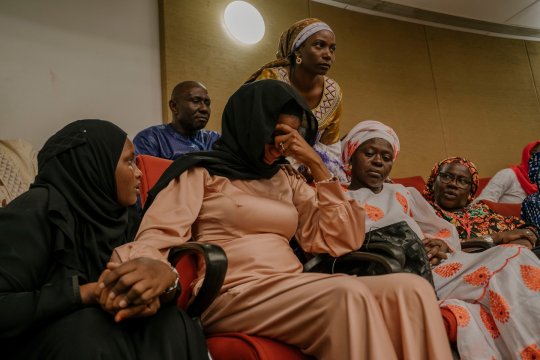
An activist cries and gets support during a debate among Gambian lawmakers on lifting the ban on FGM. (Carmen Yasmine Abd Ali for The Washington Post)
“It is a rollback on women’s rights and bodily autonomy,” said Jaha Dukureh, a Gambian activist whose little sister died as a result of a botched procedure and who found out on her wedding night, at 15, that she had been sealed as a baby. “It is a rollback in terms of telling women what to do with their own bodies. This is all this is.” (...)
Outside the National Assembly on Monday, women and men holding signs that read, “Girls need love, not knives” squared off against Muslim clerics who were preaching to dozens of veiled girls from Islamic schools. They cheered as one cleric told them [female genital mutilation] was justified by religion.
Inside the building, where only five of Gambia’s 58 lawmakers are women, the discussion Monday was dominated by men. Among the survivors in the audience was Sainey Ceesay, the founder of a nonprofit focused on destigmatizing infertility, who said she only recently decided to start talking about what she experienced at 8 years old. At that time, women had gathered her and a group of other girls at a house in Banjul, the capital, and used a razor to cut off her clitoris.
Ceesay, who said she suffered for years from trauma and infections and was unable to conceive, is still holding out hope that the ban will not be repealed. “At least as of today, FGM is still illegal in Gambia,” she said with a quiet sigh.
Fatty, the cleric whose support helped push the bill forward, (...) explained that it was about following the teachings of the prophet, about purity and about reducing the likelihood of cancer. (Doctors say there is no basis for this claim.)
“It is something not to reduce feeling, but to control, to balance the feelings of a woman,” he said in an interview.
When asked to clarify whether he meant women have too much desire in the absence of cutting, he nodded his head and wagged a finger.
“Too much,” Fatty said. “Too much. We can say in sex, women’s power is more than men’s power. … Women can do sex longer than men. So that is why Islam came to balance. They can be together and their desire can be balanced.” (...) [Many Islamic countries do not have FGM.]
(...) Many women note that because cutting often happens when girls are no older than in elementary school, they are never given a choice in the matter. (...)
Fatou Baldeh, an activist and FGM survivor (...), said she tries to “hold grace” for the women who continue to advocate for the practice, knowing many have not been educated and have only their own experience to go by.
But sitting in the parliamentary chambers Monday as she listened to the men debate, Baldeh said she was seething.
When one activist started wiping tears from her eyes with tissues, a lawmaker demanded that women who were crying leave the chambers, and the speaker agreed, asking them not to make a scene.
Baldeh said she wanted to scream listening to the men trivialize the pain women had experienced. But she resolved to stay in the chambers, knowing the importance of the women being present, forcing the men to look at them as they cast their votes.
“We have a right to cry,” she said. “But we knew the importance of staying. So we kept our tears in.”
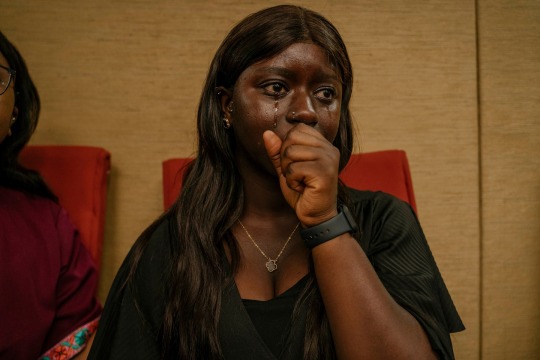
An activist cries during the parliamentary debate on FGM. (Carmen Yasmine Abd Ali for The Washington Post)
Full support and encouragement to the brave Gambian activists fighting to end FGM.
Support organizations and activists:
Safe Hands For Girls (survivor-led organization focused on ending female genital mutilation and child marriage, and helping women and girls who have gone through or are going through these experiences): website, X/Twitter, Instagram, YouTube.
Jaha Marie Dukureh (activist, founder of Safe Hands For Girls): X/Twitter.
Women in Liberation and Leadership (Gambian NGO): website, X/Twitter.
Fatou Baldeh (activist, in WILL) on X/Twitter.
Network Against Gender-Based Violence Gambia: X/Twitter, Facebook.
(Racists, transphobes, and other hate groups do not interact)
#feminism#bodily autonomy#feminist#gambia#africa#current events#human rights#fgm#female genital mutilation#women's rights#💬
238 notes
·
View notes
Text
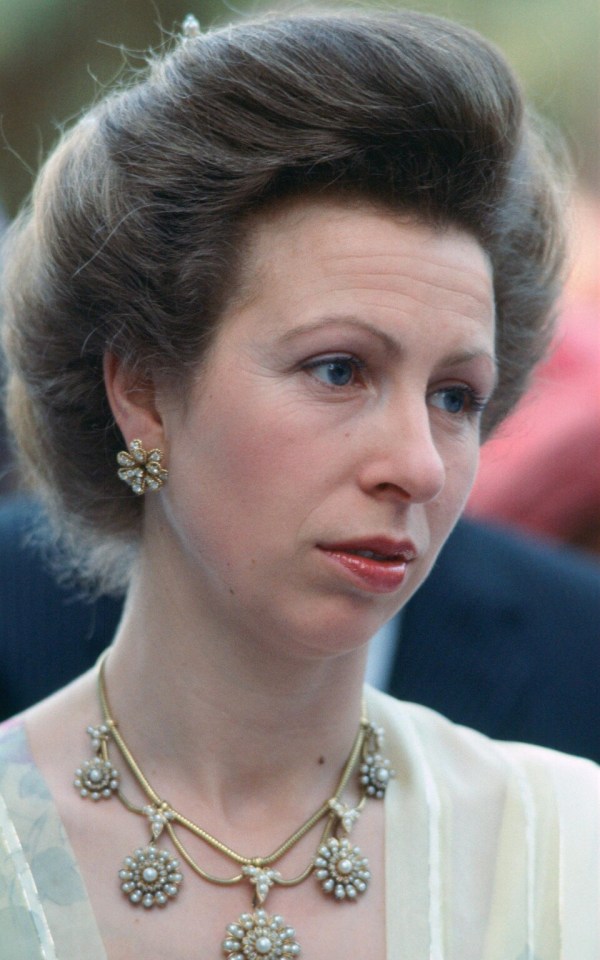
Princess Anne attending the Independence Day Parade, during a visit to Banjul, Gambia, on 20 February 1984.
#she's so beautiful#SO SOFT#😭😭😭#pretty princess#princess anne#princess royal#throwback#brf#british royal family
70 notes
·
View notes
Note
Banjul, The Gambia

13 notes
·
View notes
